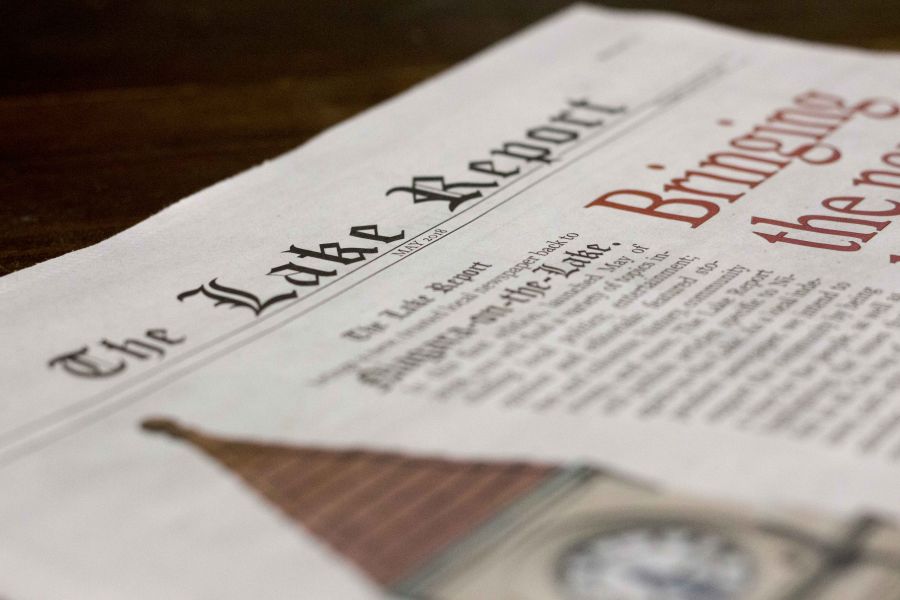This is the second in a series of editorials about access to public information. Read part 1 here.
When a person is charged with a serious crime or in relation to a serious incident, the public’s desire and right to know the details and to see that justice is done has been well-documented.
Our “open court” system is designed to ensure that people are tried fairly and openly, and that, in non-pandemic times, anyone who wishes can actually drop in to watch the wheels of justice in motion. Nowadays, to ensure transparency, those same court cases are available via Zoom.
But what if no one knows? In some countries, people have just “disappeared” into the police and legal system. That’s not supposed to be how it works in a democracy like ours.
The police have a tough and unenviable job to do. They investigate all manner of tragedies and, when warranted, they bring information before the courts for our independent judiciary to freely and openly weigh that evidence during a trial and pronounce upon an accused’s guilt or innocence.
But what if no one knows? In Niagara Region, the police have adopted a selective policy of often only releasing information about cases they solely deem to be either of public interest or compelling enough that the public must be informed about them.
In the vast majority of cases, this probably would never be an issue. A lot of the mundane crimes that work their way through the courts are really only of interest to those immediately affected: the victims, the accused and their families.
But sometimes lower-tier charges are laid in high-profile, even tragic cases. We have just been through exactly this scenario in Niagara-on-the-Lake with a two-month investigation into the circumstances that led to the death of 40-year-old Matthew Wilson.
Based on the evidence they gathered, investigators determined that no criminal charges were merited and only a single Provincial Offences Act charge was laid – for failing to report an accident.
That might be wholly appropriate under the circumstances. Or maybe not. A judge will decide.
When a reporter repeatedly attempted to find out who was accused in this case, the Niagara Police Service steadfastly, but very professionally, refused to divulge the name. Because the charge is a relatively minor one, the force does not routinely release the names of those accused of such crimes. It doesn’t really seem to be related to privacy issues, just that it is a minor charge, so not worthy of public revelation.
In most cases, no one would care who got ticketed, ourselves included. But in this instance, a pedestrian was killed, on a public roadway, his body found the next morning in a ditch.
We agreed to disagree with the police over their refusal to release the accused’s name. We respect the police position; we just wholly disagree with it on principle.
We spent several days in a polite cat-and-mouse game with police, obtaining file numbers and other data related to the case and then asking the court office in Welland to try to find the file.
All to no avail. Without a name, tracking down the case proved impossible.
But what if no one knows? Thankfully, someone almost always “knows” and, finally, members of the public, unsolicited but interested in the case, revealed the accused’s name to us. And the wheels of justice were able to roll on, with a light shone on the process.
Next: Does it need to be this way?








